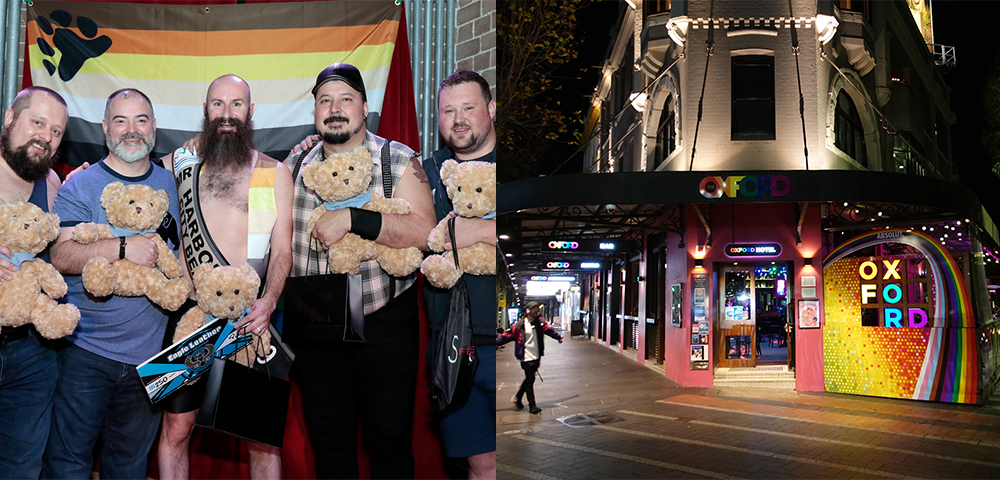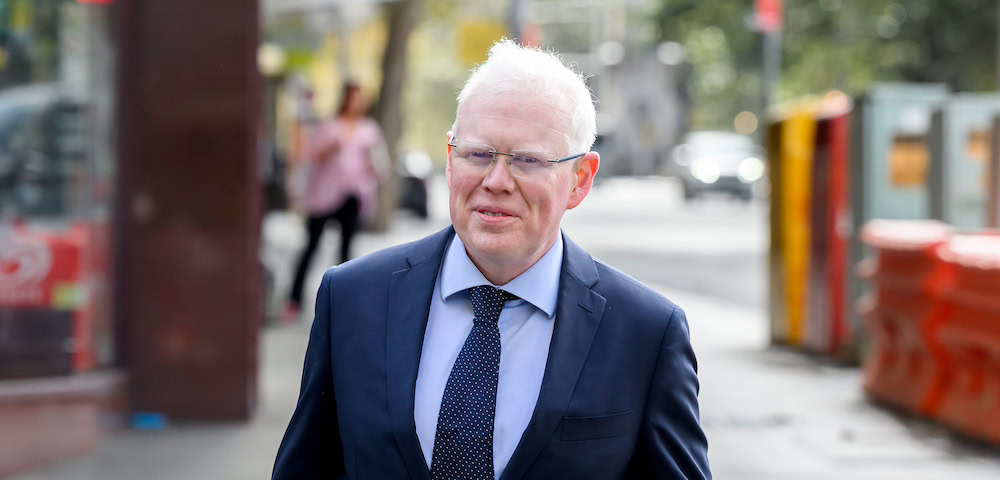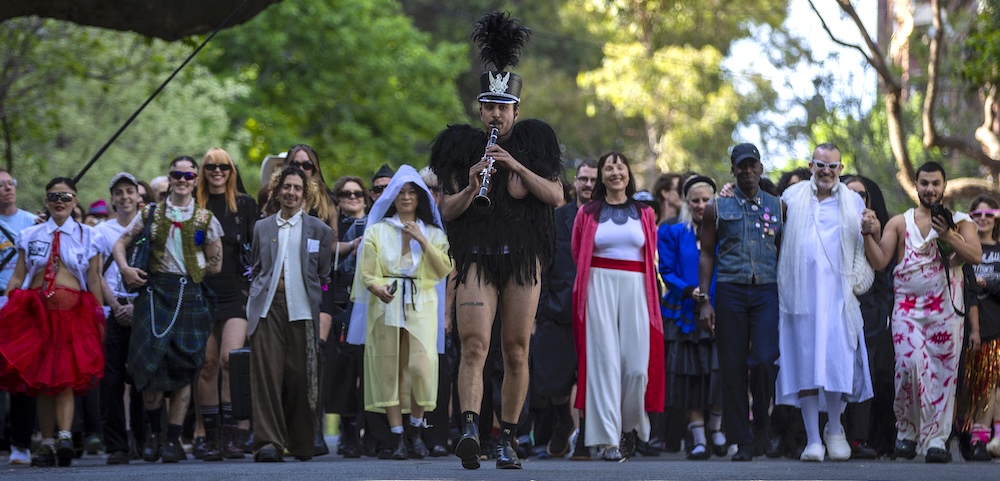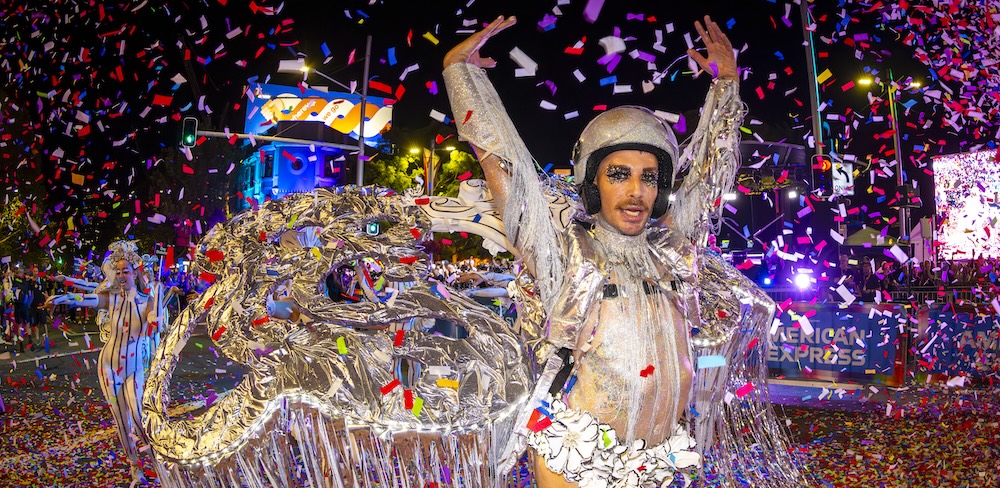
International news briefs
Valentine’s Day in China
Feeling the love on Valentine’s Day, thirty Chinese gay and lesbian activists staged a peaceful protest near Beijing’s Tiananmen Square.
In a staged wedding photo session to garner support for gay marriage in the conservative nation, activists handed out flyers with red flowers to people on their lunch hour.
The flyers said, Love has no boundaries; it is nothing to do with gender, and We are homosexuals. We also want a life together with our loved one. Please support all kinds of partnerships and all kinds of love. Please support same-sex marriage.
The protesters were not stopped by police. According to organisers, similar events took place in three other Chinese cities
Same-sex marriage in China is banned and gay and lesbian culture remains underground. Homosexuality was decriminalised in 1997 but is not widely accepted.
Past attempts to organise gay and lesbian festivals or gatherings have often been stamped out by authorities.
Gay news site The Advocate quoted one lesbian activist, Xian, who said the group was apprehensive about making a stand.
We were concerned about security-¦ our action can be considered kind of political.
King trial continues
This week marks the first anniversary of the death of 15-year-old Californian student Lawrence King, who was shot twice in the head by a fellow student for being gay.
Brandon McInerney, although 14 years old at the time of the killing, was charged as an adult with first degree murder and a hate crime. A verdict has yet to be handed down.
Further details came to light as the prosecution released a file containing witness statements which were published in a Ventura County newspaper.
According to prosecution documents, King had not in fact sexually harassed McInerney as the defence had previously claimed.
King reportedly told friends he was gay and dressed in a feminine manner.
According to a prosecution brief, McInerney had taunted King for weeks before the murder, saying he would get a gun and shoot him.
The defence claims McInerney is being unfairly tried and the case should be heard before a juvenile court, despite state laws which lowered the age at which adult charges can be filed from 18 years to 14 years in 2000.
The one-year anniversary of the shooting is being marked this week by a candlelight vigil organised by local and statewide gay rights groups.
Tranny pop YouTube hit
A German teen pop sensation who underwent a sex change operation last month at the age of 16 is believed to be one of the world’s youngest transsexuals.
Kim Petras has also signed with a record company after releasing her first single Last Forever which became a YouTube and MySpace hit.
She has now completed the final phases of gender reassignment surgery.
I was asked if I feel like a woman now, but the truth is I have always felt like a woman -” I just ended up in the wrong body, Petras was quoted as saying.
I can enjoy swimming, and bikinis, go in the changing rooms without a problem. Everything has changed because of this operation.
I just can’t wait to put on my favourite bathing suit and go swimming like I’ve never done before.
Petras underwent hormone replacement therapy from the age of 12 after becoming convinced she wanted to be a girl.
Under German law, sex change
surgery isn’t allowed until a person is 18 years old,but Petras convinced doctors and her parents she should have the operation.
Petras’ father said it has taken him a while to come around but is now proud of his daughter.
US Army still not asking
While US President Barack Obama has given the go-ahead to abandon the US military’s -˜Don’t Ask, Don’t Tell’ policy, officers still continue to fall prey to the scheme.
Last month an officer, Amy Brian, was investigated and separated from the Kansas Army National Guard after a civilian co-worker told authorities she kissed a woman in a Wal-Mart checkout line.
I’d never really tried to hide my homosexuality to the close people I worked with, Brian told Associated Press.
And they didn’t seem to care or think any different of it.
Almost 12,500 gay, lesbian and bisexual service members have been discharged under the policy between 1994 and 2007.
According to a Washington-based advocacy group, the Servicemembers Legal Defense Network, the policy has a far greater impact on servicewomen than men.
The Defense Network’s figures show women make up 33 percent of those discharged despite only accounting for 15 percent of all military personnel.









